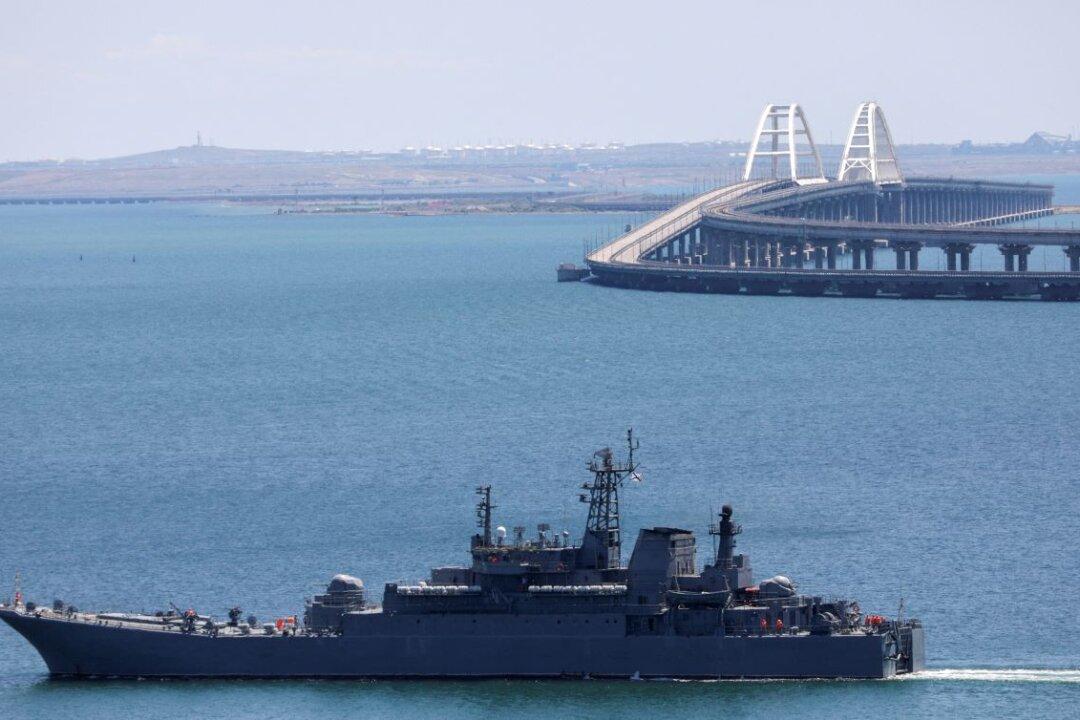Central Moscow came under drone attack—for the third time in as many months—in what Russian officials are calling an “act of international terrorism” by Kyiv.
“Drone attacks on two non-residential buildings occurred at roughly 4 a.m. [Moscow time], causing no major damage or casualties,” Moscow Mayor Sergey Sobyanin wrote on Telegram on the morning of July 24.





